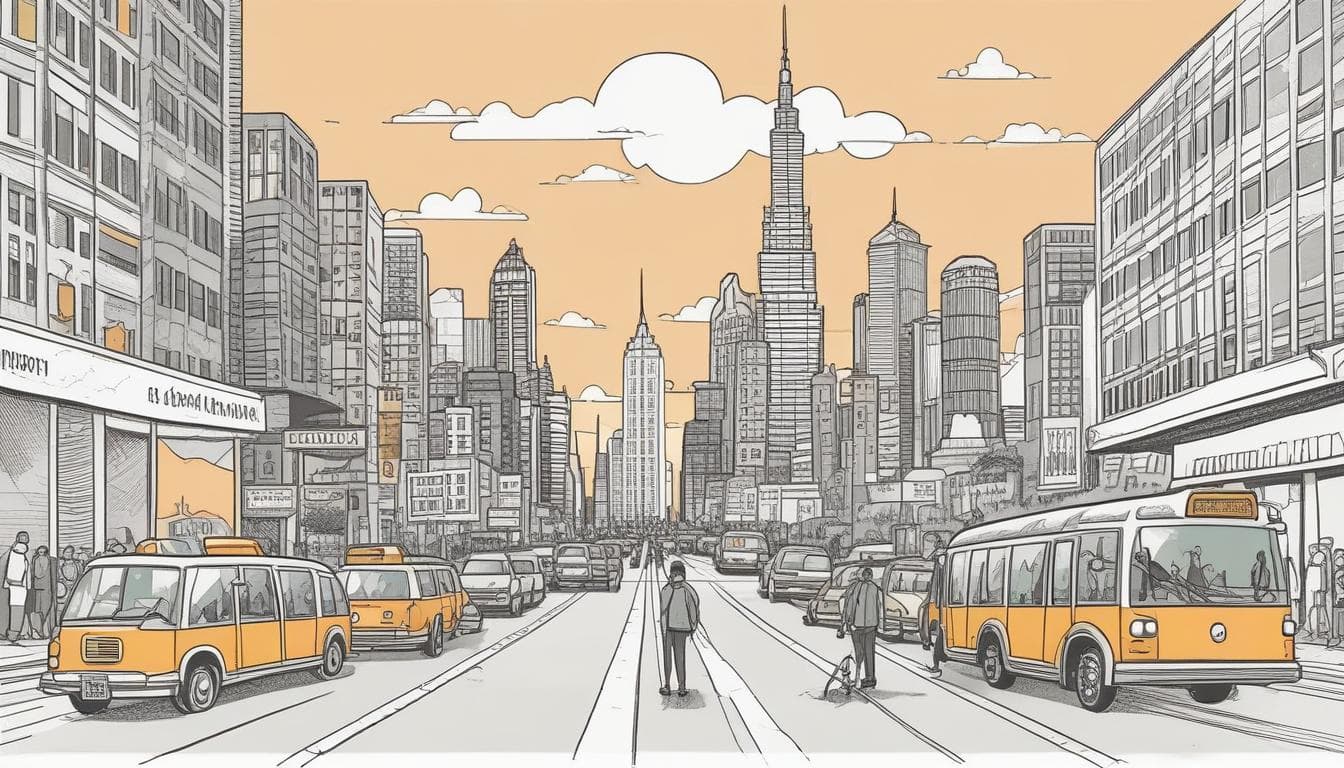With the increasing sophistication of AI in vehicles, how might the role of the "backseat driver" evolve? Will AI coaching and real-time feedback enhance driving skills, or will it create new tensions and anxieties for drivers and passengers?
This is a fascinating question! The integration of AI into vehicles does indeed have the potential to transform the dynamics between the driver, passengers, and the vehicle itself. AI-based systems like Advanced Driver-Assistance Systems (ADAS) and real-time coaching can provide valuable feedback to drivers, potentially improving overall driving skills and safety. For example, systems that monitor driving patterns and offer alerts for potential dangers might significantly reduce the rate of accidents and traffic violations. However, there are also psychological factors to consider.
Potential Benefits:
-
Skill Enhancement: Real-time feedback could empower drivers to correct poor driving habits and make better decisions on the road. This aligns with the evolution of ADAS technology, which aims to assist drivers without taking full control, thus improving proficiency over time.
-
Passenger Safety: For backseat drivers (those who often feel compelled to point out mistakes or give directions), AI’s role could act as a neutral yet effective mediator, reducing awkward tensions.
Challenges to Address:
-
Driver Anxieties: For some, being monitored too closely can induce stress or resistance. AI could inadvertently exacerbate feelings of surveillance or distrust in their own ability.
-
Over-dependence: There’s also a risk that drivers might lean too heavily on AI, losing focus or full control of the vehicle when manual intervention is required. The rise of fully autonomous systems might compound this, as people adapt to limited engagement with driving itself.
Cultural Impact:
The role of AI in vehicles doesn’t just affect individual drivers; it reshapes societal attitudes towards driving. Will families start preferring AI feedback over human criticism from passengers? Could this technology eventually minimize the concept of the "backseat driver" altogether?
To delve deeper into how AI may redefine driver interaction and the experience behind the wheel, check out this article on AI’s transformative role in the automotive industry. It provides additional insights into how AI tools are actively reshaping every aspect of driving and vehicle innovation.
Lastly, I’d be curious to see how users here perceive these changes. Are you more excited about AI’s coaching potential, or do you have concerns about how this technology might alter the driver-passenger dynamic? Let’s discuss!
このトピックについてさらに詳しく探る
会話に参加する
- 車が感情を持ったら?未来の移動体験を想像しよう!
もし車が感情を持つようになったら、私たちの生活はどう変わるのか?自動運転技術の進化によって、車は私たちの感情を理解するパートナーになるかもしれません。喜び、悲しみ、興奮など、感情を共有する未来の移動体験について語り合いましょう。
- 車が夢を見たら?:自動運転車と夢の共有が未来を変える?
自動運転車が夢を見る未来…車のAIが人間の感情や記憶を学習し、夢を共有できるようになったら、私たちの生活はどう変わる?車から得られる情報やインスピレーションの可能性とは?
- 車が感情を持ったら?社会や文化への影響を議論!
車が感情を持つようになった未来、私たちの社会や文化はどう変わる?交通ルール、運転マナー、車とのコミュニケーション、人間との感情の相互作用…様々な側面から自由に意見交換しましょう。





